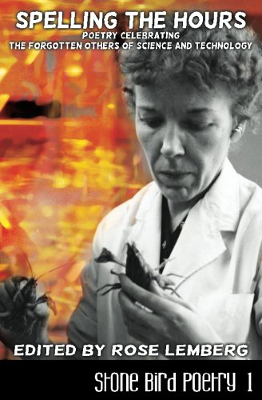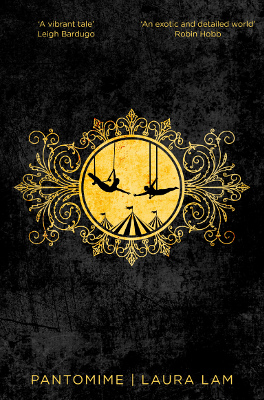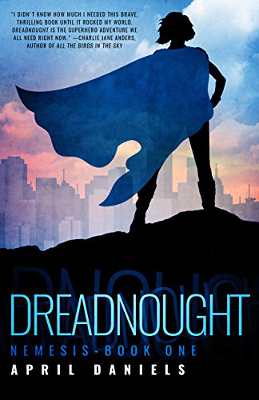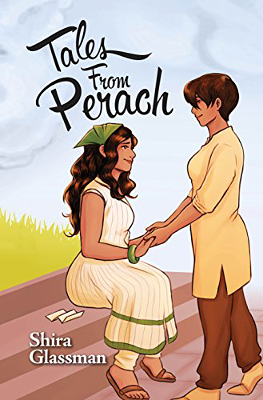 Full Title: Spelling the Hours: Poetry Celebrating the Forgotten Others of Science and Technology
Full Title: Spelling the Hours: Poetry Celebrating the Forgotten Others of Science and Technology
First Published: 18th July, 2016
Genre: Science Poetry / Poetry Collection
Poets: Nelly Geraldine García-Rosas; Mary Alexandra Agner; Michele Bannister; Lisa M. Bradley; Sofia Samatar; Sonya Taaffe; Bogi Takács; A.J. Odasso; Lev Mirov; Mari Ness; na’amen
Available: Amazon.com | Amazon UK
This poetry collection contains twelve poems about marginalised people in science and technology. Each poem also has notes about the scientists featured in the poem, to provide some context.
“noble, nobel” (na’amen) and “Augur Effect” (A.J. Odasso) are an interesting contrast, as they cover the same three women (Lise Meiter, Chien-Shiung Wu and Jocelyn Bell Burnell). The former poem is longer and considers the specific work of each involved. I liked the shifting rhythms as it goes from areas with short lines to longer passages. The latter poem takes a more personal approach, linking the poet’s overlooked contributions to those of others, and how the poet was also part of erasing the names (however unknowingly) when writing about science. I do like that both poems were included, rather than trying to stick to one poem per scientist, as they provide very different approaches.
My favourite poem was “Madrepore” (Mari Ness). Aquarium ecology interests me as a fishkeeper, but I also liked the connections back and forth between Anna Thynne’s work and her family. Science doesn’t happen in isolation from the rest of life.
Another strong poem was “Never Cease” (Bogi Takács), which focuses on Rózsa Péter. This also handles how science interacts with life, but on a wider political scale. Rózsa was barred from her profession due to being Jewish. This is a bilingual poem in English and Hungarian.
One of the most interesting structures was “Girl Hours” (Sofia Samatar), as it’s like a scientific report in reverse. This one doesn’t have addition notes at the end, as the notes come first as part of the poem. It wasn’t my favourite in the collection, but I did like the choice of arrangement.
Some of the poems focus on named individuals. Other poems focus on anonymous contributions, such as the women employed as computers and the Nahua artists who illustrated the Florentine Codex. People included as central figures in the poems are Alan Turing, Christopher Morcom, Priscilla Fairfield Bok, Bart Bok, Anna Thynne, Agnes Pockels, Paris Pişmiş, Lise Meiter, Chien-Shiung Wu, Jocelyn Bell Burnell, James Barry, Axiothea of Phlios, Rózsa Péter and Henrietta Swan Leavitt. The cover features Mary Alice McWhinnie.
The introduction by editor Rose Lemberg comments that the poets tended to write about people they already knew about, and had some meaning for them, rather than finding out about the people they didn’t know. This did produce a range of responses, though I’d also be interested in who we might find by wandering in search of stories we didn’t know existed. An area that didn’t surface in the poems, despite some set during older history, were the accomplishments outside Europe before the impact of colonialism.
It’s a strong collection which will appeal to those who enjoy poetry with scientific themes. It delivered on its promise of highlighting marginalised people in science and technology, including a few who were new to me.
[A copy of this book was received from the publisher for review purposes]
 Series: Chameleon Moon, #1
Series: Chameleon Moon, #1 Series: Micah Grey, #1
Series: Micah Grey, #1 Series: Nemesis, #1
Series: Nemesis, #1 Series: Mangoverse, #5
Series: Mangoverse, #5